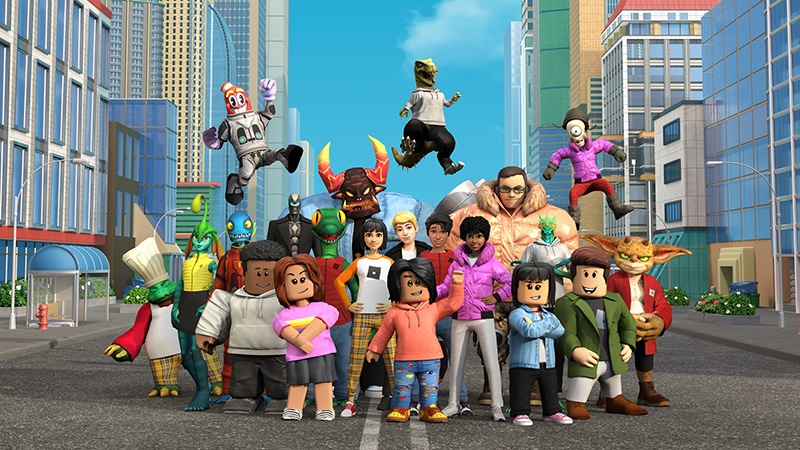Trending
Opinion: How will Project 2025 impact game developers?
The Heritage Foundation's manifesto for the possible next administration could do great harm to many, including large portions of the game development community.
Getting a game approved in China is difficult, and for Roblox Corp., their efforts for approval have been even more difficult than normal.

In a new report by VICE, leaked documents show the hurdles faced by developer Roblox Corp. to get its game Roblox ready for release in China.
To follow guidelines set by the Chinese government, the developer had to ensure any maps made in-game would have to "respect the integrity of the country and not misrepresent the Chinese territory," according to obtained documents. Specific areas included Taiwan, Tibet, and the South China Sea.
Given the Chinese Communist Party's very public interest in controlling discussion these topics, the listed guidelines are often considered to be censorious by developers.
Plans for Roblox to achieve approval included a version of the game segmented from the international version played by millions. International players who used the Chinese version of the platform would be subjected to Chinese laws, including ones around data usage.
Additionally, users and developers were not allowed to "tamper with historical facts" or use the images or names of national leaders. This lines up with previous reports of the country telling developers to stick with "state-approved" versions of historical figures and events.
In July 2021, Roblox Corp. released a Chinese version of its game, titled LuoBuLeSi, that was published by Chinese tech giant Tencent. (Tencent and Roblox announced a partnership in 2019.) Previously billed as an "archive-deleting test version," albeit one that let its players purchase in-game items with real money, its servers were taken offline earlier this year. A Chinese version of Roblox hasn't existed since.
Roblox Corp. considered both Tencent and fellow Chinese tech giant NetEase as viable partners in regards to content moderation. "NetEase is direct, down-to-earth, flexible problem solvers, and would be acting in the interests of a joint venture," read one slide. "But Tencent is a big player, and knows it...They have a mission to own all entertainment time across all devices."
According to the internal documents, Roblox was also under the belief that any Chinese partner would attempt to hack Roblox, and that Tencent specifically would try to copy it. One slide, dated back to 2017 before the two companies worked together, read: "Expect that hacking has started. Expect it to ramp up after a deal has signed, possibly even by partner." No evidence exists of Tencent attempting to either hack or copy Roblox.
Roblox Corp. has an office and staff in China, but at time of writing, not a date for when it plans to relaunch Roblox. A spokesperson for the company told Vice news would come "at such time that we can provide an update on when the application will be available to us.”
China is a large market for game developers, though China itself requires Western developers to follow their often rigid guidelines to get games approved for release. Fortnite, for example, had its Chinese version canceled late last year after failing to receive approval from Chinese regulators. Tencent had to shut down its version of PUBG Mobile in 2019 for the same reasons. Tencent later republished the game under the new title Game for Peace, which is PUBG Mobile in all but name.
Electronic Arts revealed in 2019 that it was "in advanced talks" with China's regulators to get its battle royale shooter Apex Legends approved for release. The game's mobile version released earlier this year, but has still yet to be approved for release in China.
This past April, Chinese regulators began approving the release of video games again for the first time since July 2021, following a long year of increasing regulations on its video game industry. New regulations include the creation of a "youth mode" restricting playtime, content, and enforcing daily spending caps for young players using real world money.
You May Also Like